I write about the book “Japan the Beautiful and Myself” by Yasunari Kawabata which I wrote about it in my blog “In the spring, cherry blossoms In the summer, the cuckoo“.
In 1968 Yasunari Kawabata was awarded the first Nobel Prize for literature as a Japanese, attended at the award ceremony in Stockholm with formal wear of a Hakama. He gave speech with a magnificent Japanese and a deep impression. This book is the full text of it. (from Description of item amazon Japan)
The content is described by a song of a priest such as Zen master Dogen, the word of a novelist Ryunosuke Akutagawa and a monk Ikkyu. In the part about “Karesansui” in the Japanese garden and “Wabi Sabi” in the tea ceremony, he also mentions specific arts such as bonsai, flowers, pottery etc. And tribute to Japanese culture is stated through classical literature such as “Ise Monogatari”, “Genji Monogatari”, “Makurano soshi”, “Kokinshu” and “Shinkokinshu”.
Through this book, I can learn about the viewpoint of Yasunari Kawabata (literary person), and while marveling at the perspective and the depth of thought and the amount of knowledge, there is also a part that relaxes sympathy with his words, having a common term “Japanese culture”.
I learn it throughout the whole story, especially I write what I thought “Oh he reads like that!”.
He introduces the three poems after Zen master Dogen’s poem “In the spring, cherry blossoms: In the summer, the cuckoo: In the autumn, the moon: In the winter, snow, clear, cold“.
“Winter moon, coming from the
clouds to keep me company, Is the wind piercing, the snow cold?”
“I shall go behind the mountain. Go there too, O moon.
Night after night we shall keep each other company”
“My heart shines, a pure expanse of light;
And no doubt the moon will think the light its own.”
Yasunari Kawabata interprets this songs.
My reason for choosing that first of Myoe’s poem when asked for a specimen of my handwriting has to do with its remarkable gentleness and compassion. Winter moon, going behind the clouds and coming forth again, making bright my footsteps as I go to the meditation hall and descend again, making me unafraid of the wolf: does not the snow, are you not cold? I choose it as a poem of warm, deep, delicate compassion, a poem that has in it the deep quiet of the Japanese spirit.
After this, it is a culture that reveals Japanese beauty, including human emotions, and to the beauty of the seasons… First I felt beauty and kindness in his words. And it is not only interpretation that we see the moon here unilaterally, but also the sensitivity to the imagination to the thought of the moon side. I feel like I was taught from a high-level perspective the “Different Perspective” that I am interested in. Sometimes it make me realized that there is a wider and deeper world, and I am a little excited.
Then, of course the Myoe’s poems are wonderful themselves, and Japanese poems that express scenes and thoughts with simple words are so great because it makes people’s imagination wider as a reader not only as a creator.
In the end, I introduce the awesome Myoe’s poem which is written in “Japan the Beautiful and Myself”, Myoe is called “A poet of the moon” by the way.
“O bright, bright, O bright, bright, bright, O bright, bright.
Bright, O bright, bright, Bright, O bright moon.”
It is a book about “Japan the Beautiful” that Yasunari Kawabata’s perspective, and you recognize “Japan the Beautiful” again (if you have already known) from this book.





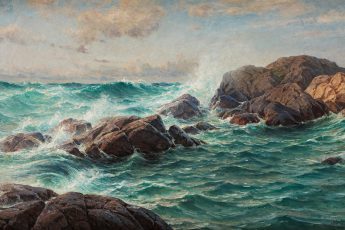
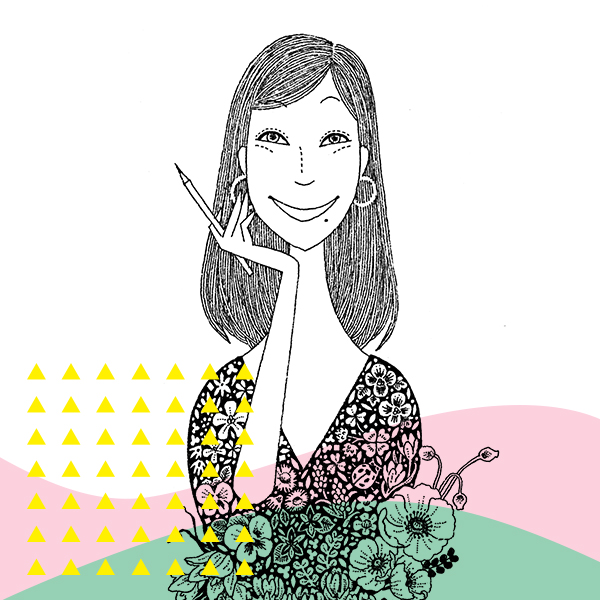

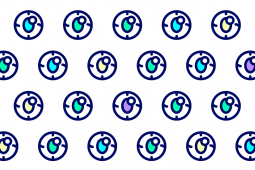

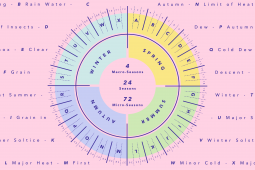
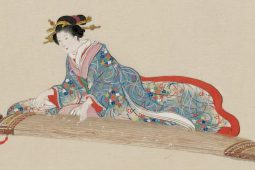

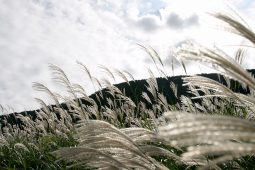
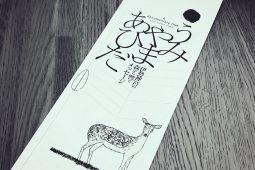

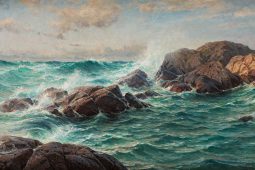
Leave a Comment